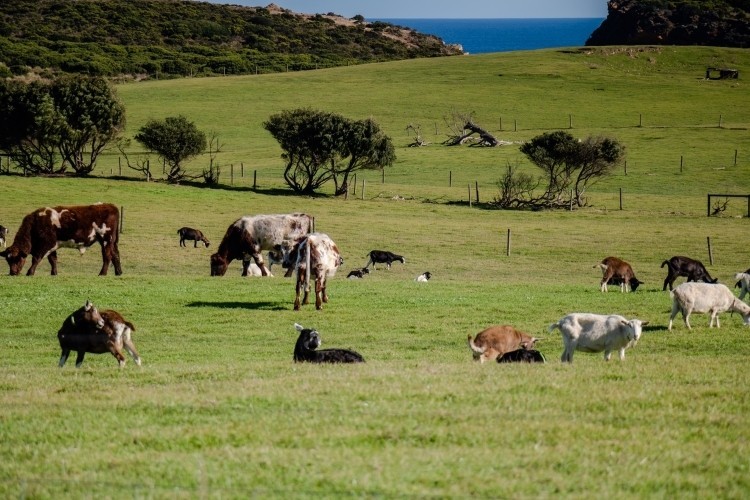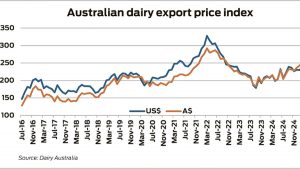
The mandatory code requires most dairy processors to publish standard form milk supply agreements to cover all the circumstances in which they intend to purchase milk in the coming financial year on their websites by 2pm on June 1. This allows farmers to compare processors’ minimum prices and contract terms.
By the same date, dairy processors must also publish a report detailing information about disputes connected to their milk supply agreements that were subject to mediation or arbitration in the 12 months to April 30. Processors whose milk supply agreements were not subject to disputes must still meet this reporting obligation.
“With the important June 1 publishing deadline approaching, dairy processors should be aware of their legal obligations under the code,” ACCC deputy chair Mick Keogh said.
“The dairy code remains an ACCC priority this year and we’ll continue to be very active in enforcing it. As well as checking the compliance of milk supply agreements and dispute reports immediately after the 1 June publishing deadline, we’ll be conducting risk-based audits throughout the year, which includes randomly selected traders and those with a history of complaints made against them. These audits can occur at any time during the year.
“This year we’re emphasising the requirement for processors to publish their dispute reports on time. The reports allow farmers to see if processors have been involved in any recent disputes about their milk supply agreements, which can help farmers decide who to supply their milk to.”
The dairy code came into effect in January 2020 and the ACCC has so far announced two enforcement outcomes relating to failures to publish by the June 1, 2020 deadline, and investigations into other processors are ongoing.
Last year, the ACCC observed most processors met their obligations under the code; however, it also observed several areas where compliance needed to be improved. These areas included processors’ compliance with the publishing obligations, and the code’s single document, termination and supply period requirements.
“We’ve observed that the code has already brought some positive changes to the dairy industry but we’ve also seen some areas where we think compliance should be improved,” Keogh said.
The ACCC has published information on its website, including a fact sheet for farmers, to help parties understand their rights and obligations under the code.
“We encourage farmers to closely read and compare the milk supply agreements on offer, once they’re published on June 1,” Keogh said.
The Dairy Code of Conduct is an industry code regulating the conduct of farmers and milk processors in their dealings with one another. It came into effect on in January 2020. A mandatory dairy code of conduct was a key recommendation of the ACCC’s 2018 dairy inquiry.
The Federal Government will lead a review of the code in 2021 that assesses its role, impact and operation. The review will include consultation with a range of dairy industry stakeholders, including farmers, and the ACCC as the agency that enforces the code.
























